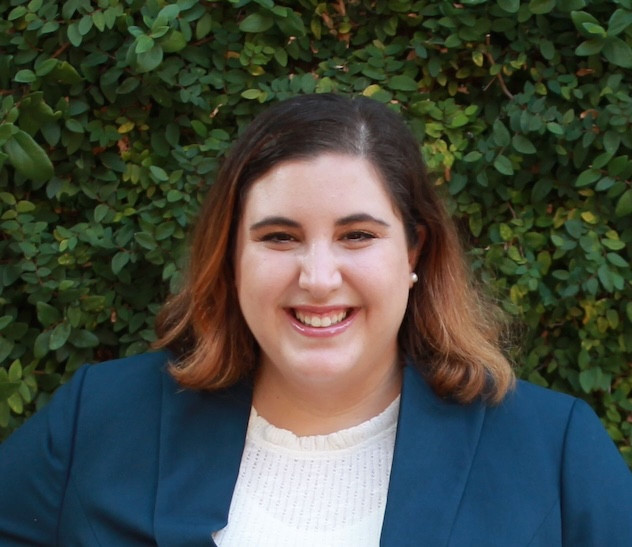
Lauren Sukin
MIT SSP
April 16, 2025 12-1:30pm E40-496
Summary:
How will the intensifying political dysfunction in the United States affect Washington's credibility in the nuclear domain? A rich body of literature examines the degree to which domestic political divisions inhibit effective policymaking. However, this literature has largely siloed foreign policy, viewing it as insulated from many of the troubles of domestic politics. Yet in the nuclear security domain, where the United States must maintain challenging extended deterrence commitments, domestic politics increasingly has destabilizing potential. Drawing on a novel survey experiment fielded in six U.S. allies and partners, the research presented in this seminar tests how four defining characteristics of U.S. policymaking — political party, partisanship, polarization, and divided government — affect foreign publics' perceptions of U.S. nuclear credibility. This study has important implications for our understanding of how the domestic political environment shapes America's international leadership in nuclear politics.
Bio:
Lauren Sukin is an Assistant Professor of International Relations at the London School of Economics and Political Science (LSE). She is a Centre Affiliate at LSE's Phelan United States Centre, an Affiliate at Stanford University's Center for International Security and Cooperation (CISAC), a Fellow at Charles University’s Peace Research Center Prague (PRCP), and a Nonresident Scholar in the Nuclear Policy Program at the Carnegie Endowment for International Peace.
Lauren's research examines issues of international security, focusing particularly on nuclear weapons and alliance politics. Her book project argues that credible nuclear guarantees can create fears of reliance on nuclear allies, leading to support within client states for stronger and more independent military capabilities. Lauren's broader research agenda explores other dynamics of international security, including crisis politics, cybersecurity, and security challenges on the Korean Peninsula. She holds a Ph.D. and M.A. from the Department of Political Science at Stanford University as well as B.A.s in Political Science and Literary Arts from Brown University.
